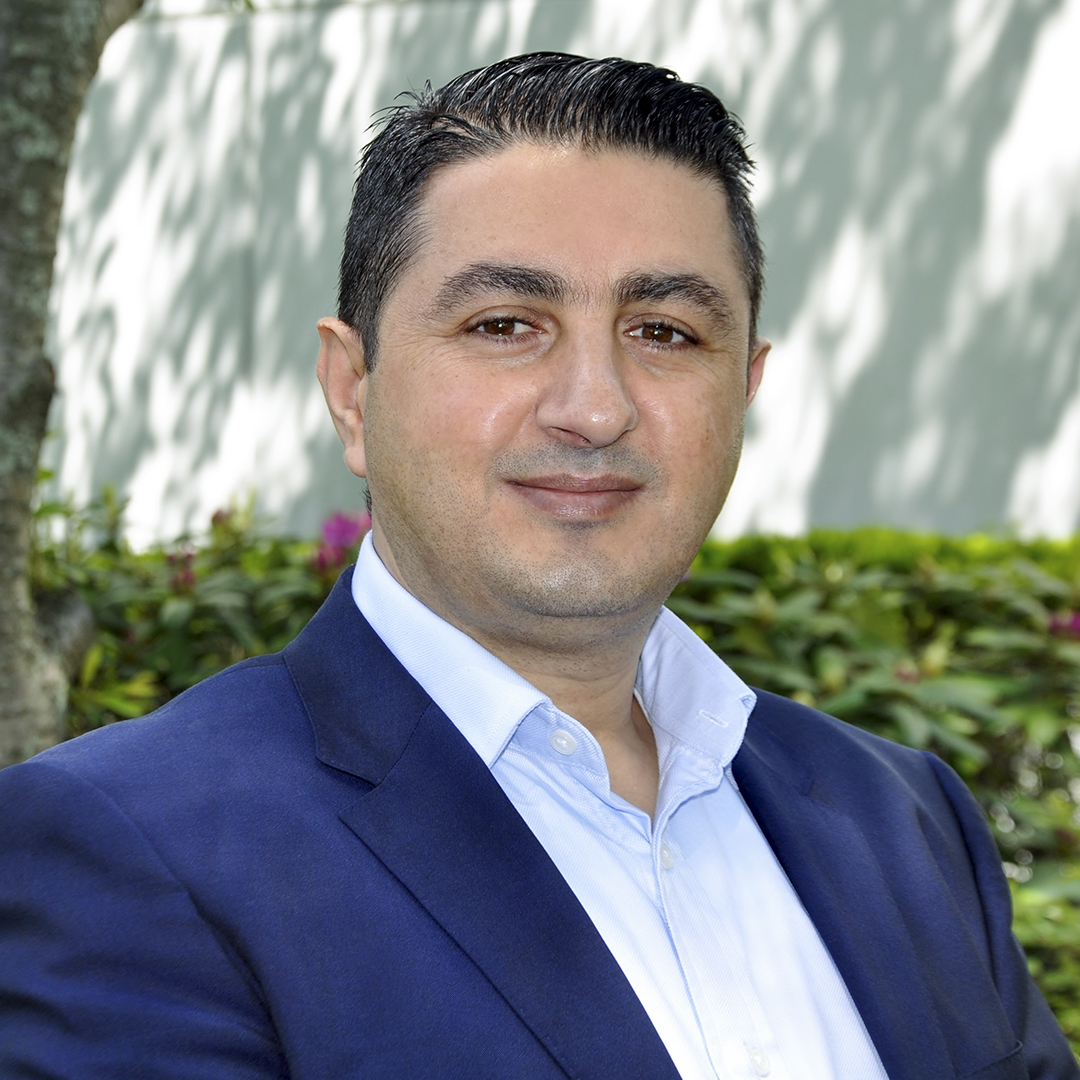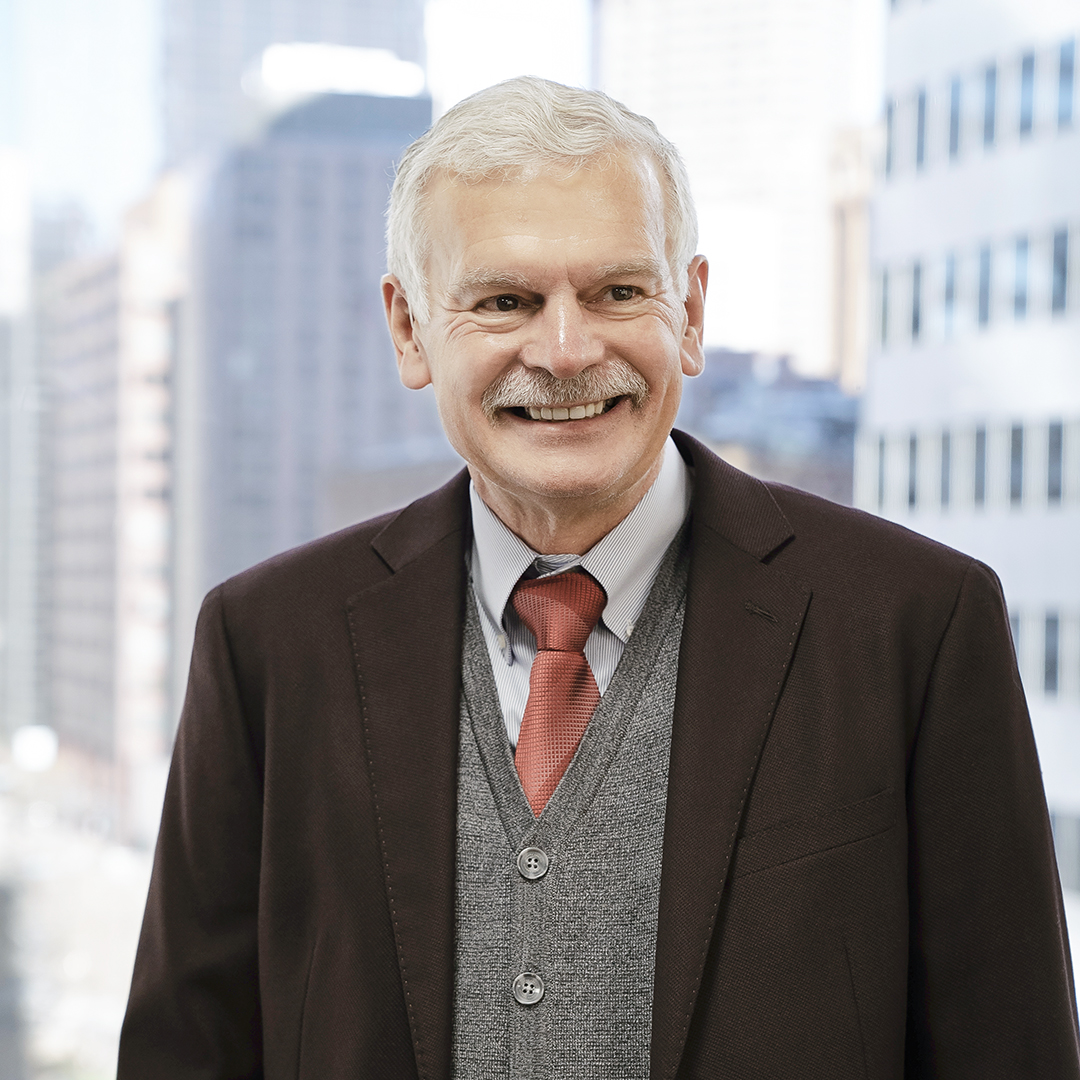When you’re part of an academic institution known for forging new ways forward with research, it helps to have someone working behind the scenes to make sure all necessary legal avenues are covered.
Lil Delcampo joined USC’s Health Sciences legal team in 2009 and worked her way up to become associate general counsel for the department in 2013. In her role, she supervises and provides support for the university’s health system, Keck Medicine of USC, which includes Keck Medical Center of USC, USC Verdugo Hills Hospital and USC Care Medical Group.
Keck Medicine of USC one of only two university-based medical systems in the Los Angeles area, and the Keck School of Medicine of USC is the region’s first medical school. Keck Medical Center of USC includes two acute care hospitals: Keck Hospital of USC and USC Norris Cancer Hospital. The enterprise also owns the community hospital USC Verdugo Hills Hospital, and in addition to operating the USC Care Medical Group, it includes more than forty outpatient facilities, some at affiliated hospitals, in Los Angeles, Orange, Kern, Tulare, and Ventura counties.
In 2018, US News & World Report ranked Keck Medical Center of USC among the top three hospitals in Los Angeles and top seven in California. The medical center also ranked in the top ten in urology; top twenty in ophthalmology, geriatrics and cancer care; top twenty-five in orthopedics; and top fifty in neurology and neurosurgery, gynecology, nephrology and cardiology, and heart surgery.
Prior to joining USC, Delcampo spent two years developing her own health law practice, and served as general counsel for health-service companies in Southern California. Before starting her own firm, she served as senior counsel with Hooper, Lundy & Bookman, counseling clients on regulatory matters, HIPAA, privacy and informed-consent issues, as well as litigating various managed-care cases. She is the coauthor of two chapters in healthcare treatises, “Providers v. Payors: Common Legal Disputes in Managed Care;” Managed Care Litigation, BNA (2005), and “The FDA Approval Process for New Drugs;” Pharmaceutical Law, BNA (2007).
All that experience provides USC with a wealth of knowledge as USC Health Sciences continues to push boundaries with cutting-edge research. In November 2018, the university announced the Keck School of Medicine had united hundreds of researchers spread throughout thirty-nine different countries as part of the Enhancing Neuro Imaging Genetics through Meta-Analysis (ENIGMA) consortium. Through ENIGMA, these scientists work together to collect and analyze brain-imaging and genetics data, which can not only be used to study conditions such as schizophrenia, bipolar disorder, and obsessive-compulsive disorder, but also to direct a global study of brain aging. USC Health Sciences notes that care and treatment for people with dementia costs more than $604 billion globally every year and as researchers race to find ways to slow or reverse the progression of diseases such as Alzheimer’s, pooling these resources at an international level can be a key tool for discovery.
Beyond casting a wide net for research, Paul Thompson, PhD, associate director of the USC Mark and Mary Stevens Neuroimaging and Informatics Institute and director of the Imaging Genetics Center at the Keck School of Medicine of USC, says ENIGMA also knocks down barriers that previously existed (and, to some extent, still do) in the research world.
“A tremendous lack of ethnic diversity exists in the field of neuroscience,” Thompson said in a November press release. “We’re working to change that through our international partnerships, which will be central to our understanding of how diverse populations experience aging.”
On another front, it was announced in December 2018 that researchers at USC’s Keck School of Medicine are using DNA from breast cancer patients to create a blood test that would predict which patients are at risk for having their cancer return and spread to other organs. Although the initial collection focused solely on breast cancer patients in California, more DNA samples from around the United States are expected to be collected into 2019.
The research shows no sign of slowing down or becoming any less adventurous, so it’s to the university’s great advantage that its legal team includes a seasoned professional such as Delcampo keeping a keen eye on the details.


